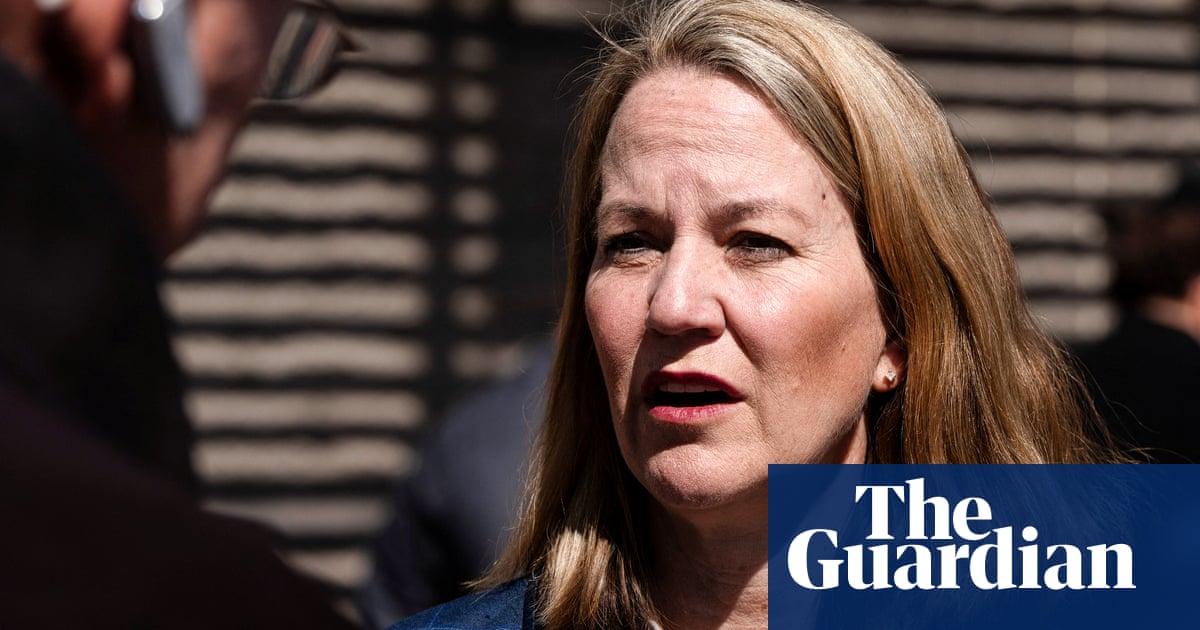A dozen states sued the Trump administration in the US court of international trade in New York on Wednesday to stop itstariff policy, saying it is unlawful and has brought chaos to the American economy.
The lawsuit said the policy put in place byDonald Trumphas been subject to his “whims rather than the sound exercise of lawful authority”.
It challenged the US president’s claim that he could arbitrarily impose tariffs based on the International Emergency Economic Powers Act. The suit asks the court to declare the tariffs to be illegal, and to block government agencies and its officers from enforcing them.
A message sent to the justice department for comment was not immediately returned.
The states listed as plaintiffs in the lawsuit were Oregon, Arizona, Colorado, Connecticut, Delaware, Illinois, Maine, Minnesota, Nevada, New Mexico, New York and Vermont.
In a release, the Arizona attorney general, Kris Mayes, called Trump’s tariff scheme “insane”.
She said it was “not only economically reckless – it is illegal”.
The Connecticut attorney general, William Tong, said: “Trump’s lawless and chaotic tariffs are a massive tax on Connecticut families and a disaster for Connecticut businesses and jobs.”
The lawsuit maintained that only Congress has the power to impose tariffs and that the president can only invoke the International Emergency Economic Powers Act when an emergency presents an “unusual and extraordinary threat” from abroad.
“By claiming the authority to impose immense and ever-changing tariffs on whatever goods entering the United States he chooses, for whatever reason he finds convenient to declare an emergency, the president has upended the constitutional order and brought chaos to the American economy,” the lawsuit said.
Last week, the California governor, Gavin Newsom, a Democrat, sued theTrump administrationin US district court in the northern district of California over the tariff policy, saying his state could lose billions of dollars in revenue as the largest importer in the country.
The White House spokesperson Kush Desai responded to Newsom’s lawsuit, saying the Trump administration “remains committed to addressing this national emergency that’s decimating America’s industries and leaving our workers behind with every tool at our disposal, from tariffs to negotiations”.
